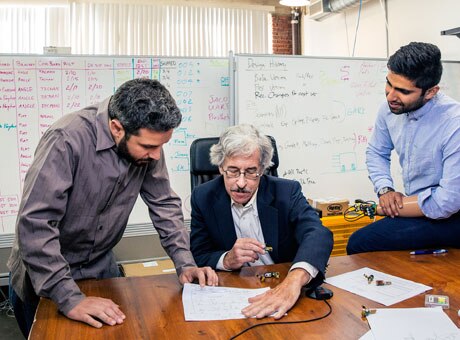You have a new product, a new invention, a new business idea. You want to share it with a potential investor or licensee. But you’re nervous. How can you guarantee that this confidential information won’t end up leaked to a competitor or to the press? Perhaps you need to share sensitive financial information, but you want to protect its confidentiality. There’s a solution for you. It’s a nondisclosure agreement, or NDA.
What can an NDA do to protect you? An NDA creates and memorializes a confidential relationship between the two parties. Once it’s signed, both parties have to keep certain information confidential. They can’t disclose that information to anyone else, so your trade secrets, intellectual property, or sensitive personal or financial details are all legally protected. Under an NDA, you can now discuss that confidential information freely, paving the way for business deals or other advances in the marketplace.
A good NDA can be very short while still covering all the necessary elements. Make sure any NDA you create or sign identifies the parties to the agreement clearly. The document should define what material is considered confidential . If you want oral discussions to be covered by the agreement, make sure to put that in writing. Typically, NDAs state that confidential information can’t be shared with others. You can also stipulate that the recipients of your confidential material can’t make use of it themselves. Specify any material that’s excluded from the NDA, and make sure the terms of the agreement are clear. Nondisclosure agreements remove the fear of being taken advantage of and facilitate discussion of confidential material.
